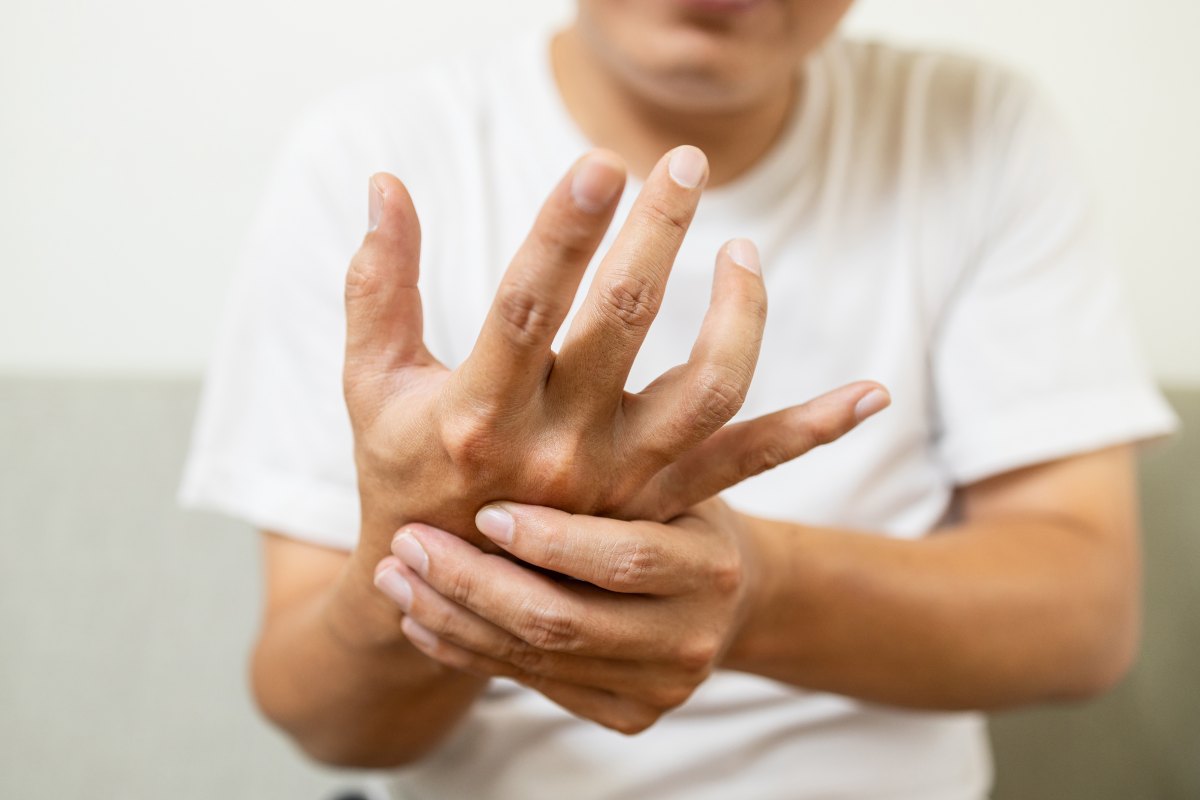Parkinson’s disease (PD), also called Parkinson’s disease, idiopathic parkinsonism, agitating palsy, or simply Parkinson’s.
It is a chronic neurodegenerative disease characterized by bradykinesia (slow movement), rigidity (increased muscle tone), tremor, and loss of postural control. This disease is due to a deficit in the secretion of dopamine, a hormone released by the nerve endings of the substantia nigra.
The consumption of water from wells contaminated by pesticides could be one of the reasons why there is a higher prevalence of Parkinson’s disease in rural areas.
Early symptoms are important to slow the progression of the disease as soon as possible – possibly many years before the onset of motor symptoms – due to indications of possible Parkinson’s disease. These are: 37
- Years before the onset, damage to the sense of smell
- Mood fluctuations (mild irritability) with slight depressions
- Constipation
- The most typical, the disturbance of paradoxical sleep by strong atypical movements during it (in a healthy state normally immobile) REM sleep (even screaming or hitting).
The exact cause of Parkinson’s disease is currently unknown, but everything seems to indicate that it is a combination of certain environmental factors, genetics, oxidative damage, and the normal aging process, with a probable role played by the gut-brain connection.
The association of parkinsonism with undiagnosed celiac disease and improvement with the removal of gluten from the diet has been documented. Neurological symptoms may be the only manifestation of gluten sensitivity, in the absence of digestive or other symptoms.
Parkinson’s is difficult to diagnose at the beginning of the disease, since it is confused with the symptoms of other diseases.
Parkinson’s disease is characterized by the loss or degeneration of dopaminergic neurons in the substantia nigra and the formation of Lewy bodies in these neurons.
The alteration of alpha-synuclein and its accumulation in Lewy bodies has a greater extension and affects other areas and neuronal systems, such as the cholinergic, noradrenergic, and serotonergic.
Medicines can control Parkinson’s symptoms.
https://sstalcahuano.cl/parkinson/#:~:text=La%20enfermedad%20de%20Parkinson%20(EP,la%20p%C3%A9rdida%20del%20control%20postural.https://www.institutoroche.es/recursos/noticiasmedicinapersonalizada/692/Potenciar_la_proteina_Rac1_podria_combatir_la_degeneracion_neuronal_del_Parkinsonhttps://www.mayoclinic.org/es-es/diseases-conditions/parkinsons-disease/symptoms-causes/syc-20376055







